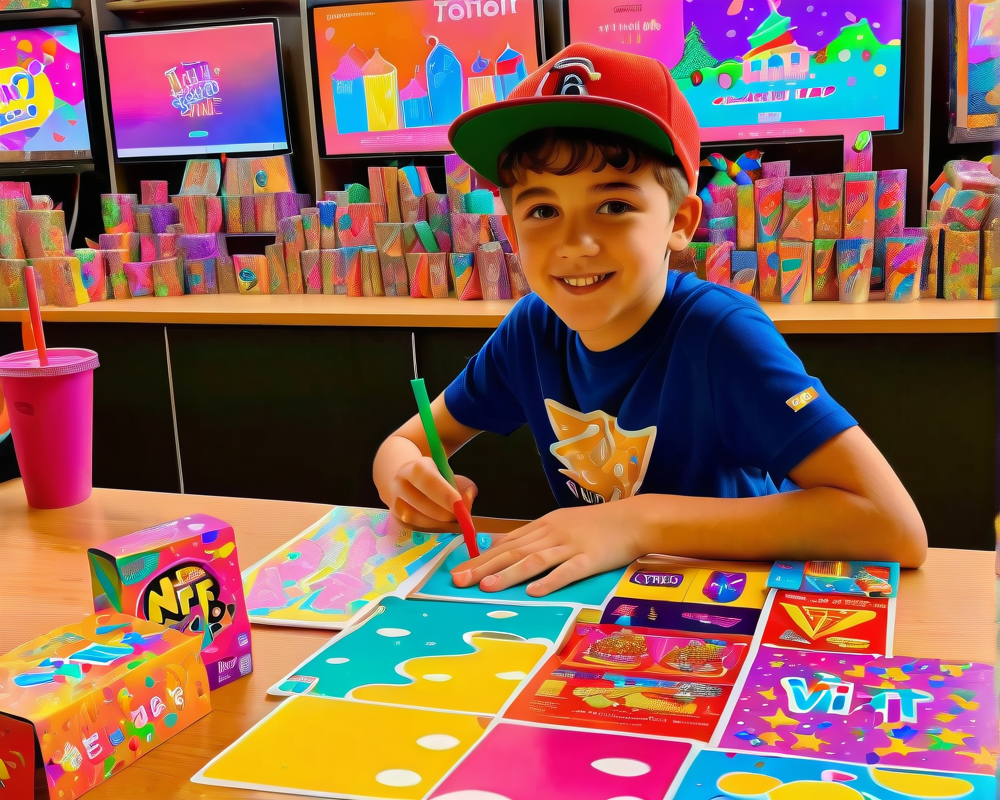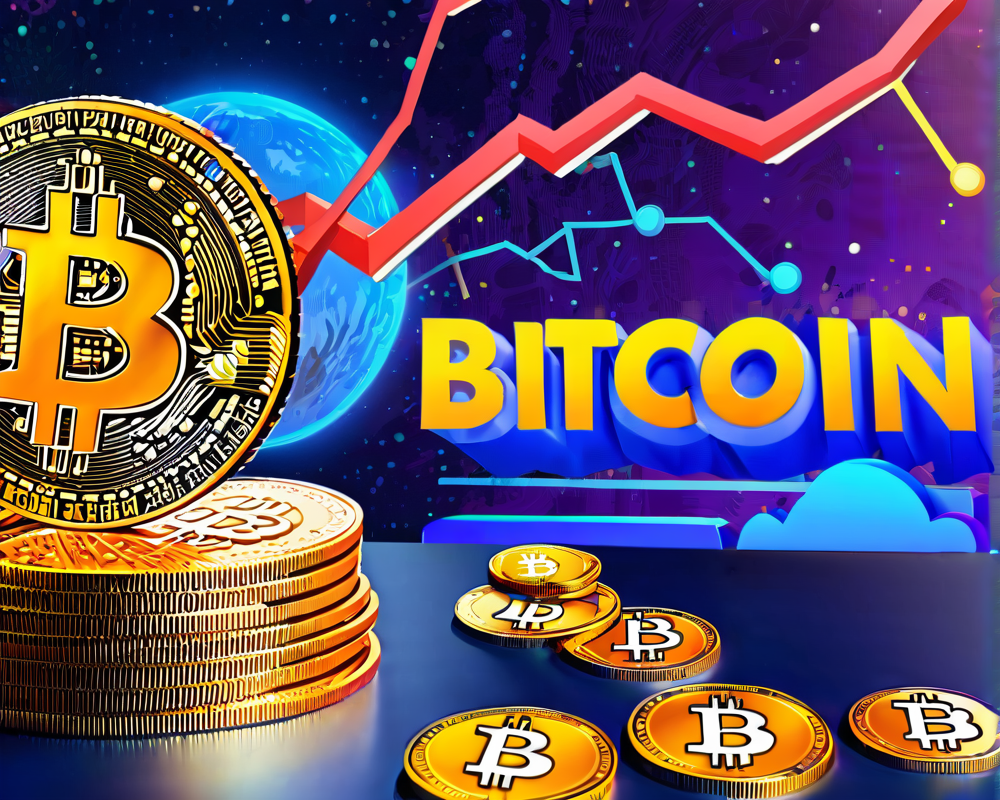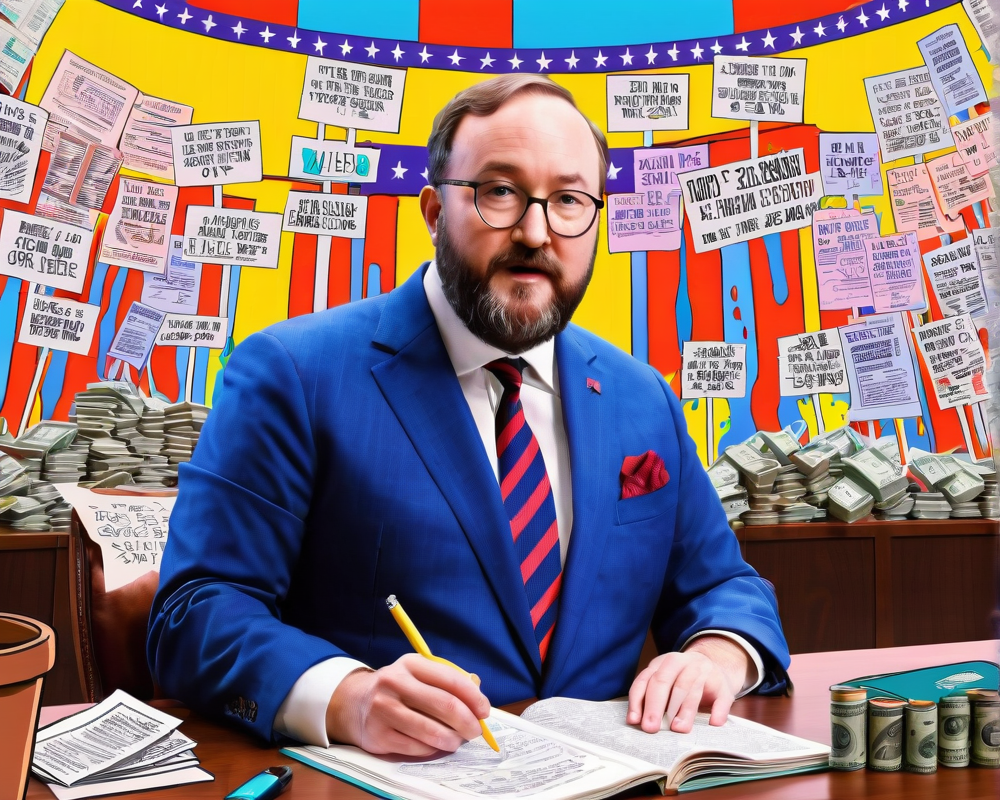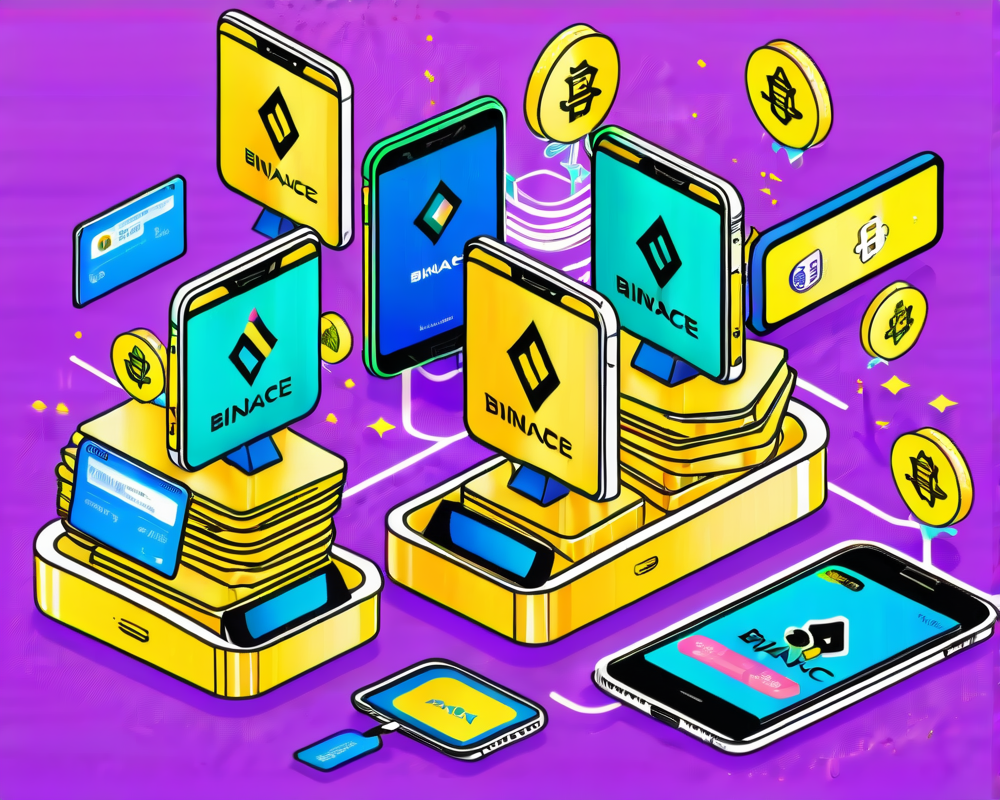The Rise of a Digital Prodigy
In a remarkable tale of creativity and entrepreneurship, a twelve-year-old boy from London, Benyamin Ahmed, has managed to rake in nearly $400,000 during his school holidays by selling non-fungible tokens (NFTs). Who knew that flipping whale emojis could lead to a whale-of-a-profit?
Whale Emojis Take the Spotlight
Benyamin, who jokingly proclaimed he could make money without a bank account, created a series of digital artworks starring quirky whale emojis dubbed “Weird Whales.” This endeavor turned out to be the golden ticket he needed, as news of his creations spread like wildfire on Twitter, resulting in viral fame.
Learning the Ropes Early
With a coding-savvy dad, Imran Ahmed, who began teaching both his sons the ropes of programming at the tender age of six, the groundwork for this young entrepreneur’s success was laid early on. Talk about a head start! Meanwhile, poor Benyamin must wait a few more years before he can dance over to the nearest bank.
A Unique Financial Approach
Benyamin’s earnings are kept safe and sound in a digital space—an online blockchain, to be precise. Imran Ahmed, his father, explained the situation to curious onlookers, stating, “He’s highly creative, has no bank account and no accountant.” The kid is living every dream for a computer whiz; however, he’s also navigating the complexities of cryptocurrency without the guidance of traditional financial institutions.
From Minecraft to NFTs: A Lesson in Popularity
Before his whale emoji fame, Benyamin attempted to tokenize a Minecraft-inspired art set. Unfortunately, it seemed less people were interested in pixelated blocks than in ocean-dwelling creatures. This is a classic case of timing and trends; sometimes, it’s not just what you’re selling but how well you know your market.
The NFT Future: Navigating Copyright Waters
As exciting as Benyamin’s success sounds, the ever-evolving NFT landscape presents significant challenges in copyright law. Experts have voiced their concerns about the lack of adequate infrastructure to protect the interests of both creators and buyers. Without a stable framework, the rights of artists and the purchasing public can feel like they’re aboard a ship in a storm.
Charting a Course for the Future
While organizations with expertise in copyright might step in to create order in the NFT chaos, there are fears that the influx of regulations could hinder accessibility for budding artists and eager buyers alike. Could it be that the very regulations meant to protect also threaten the artistic freedom? That’ll need some serious thought as we sail forward.




